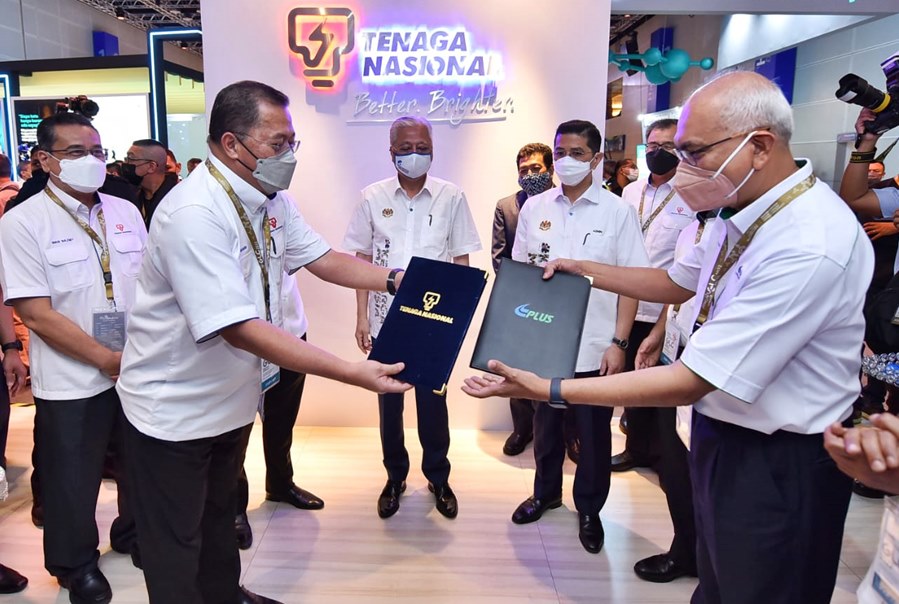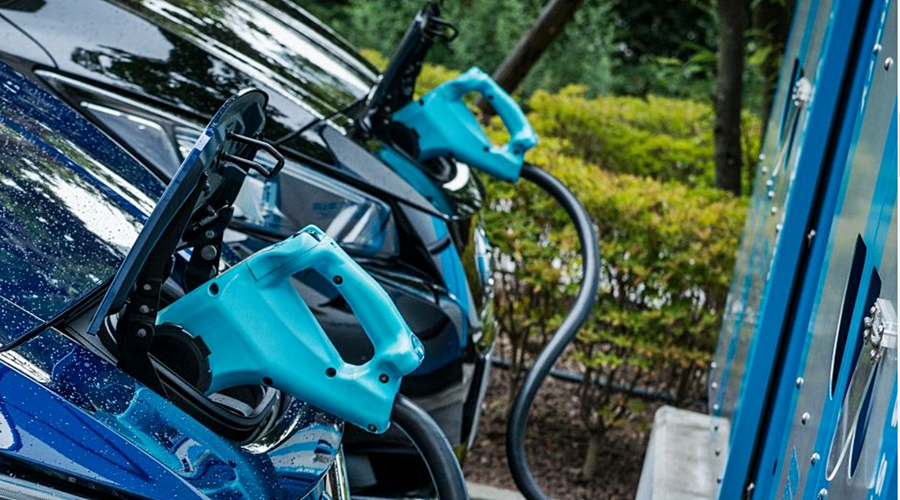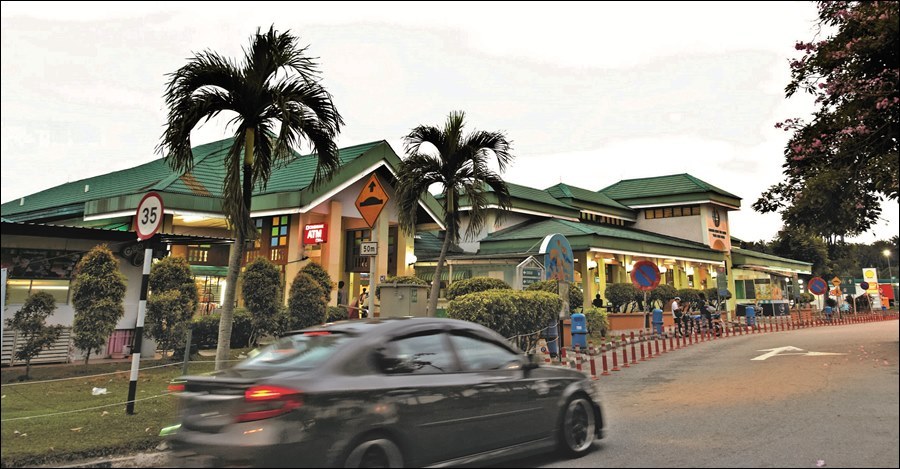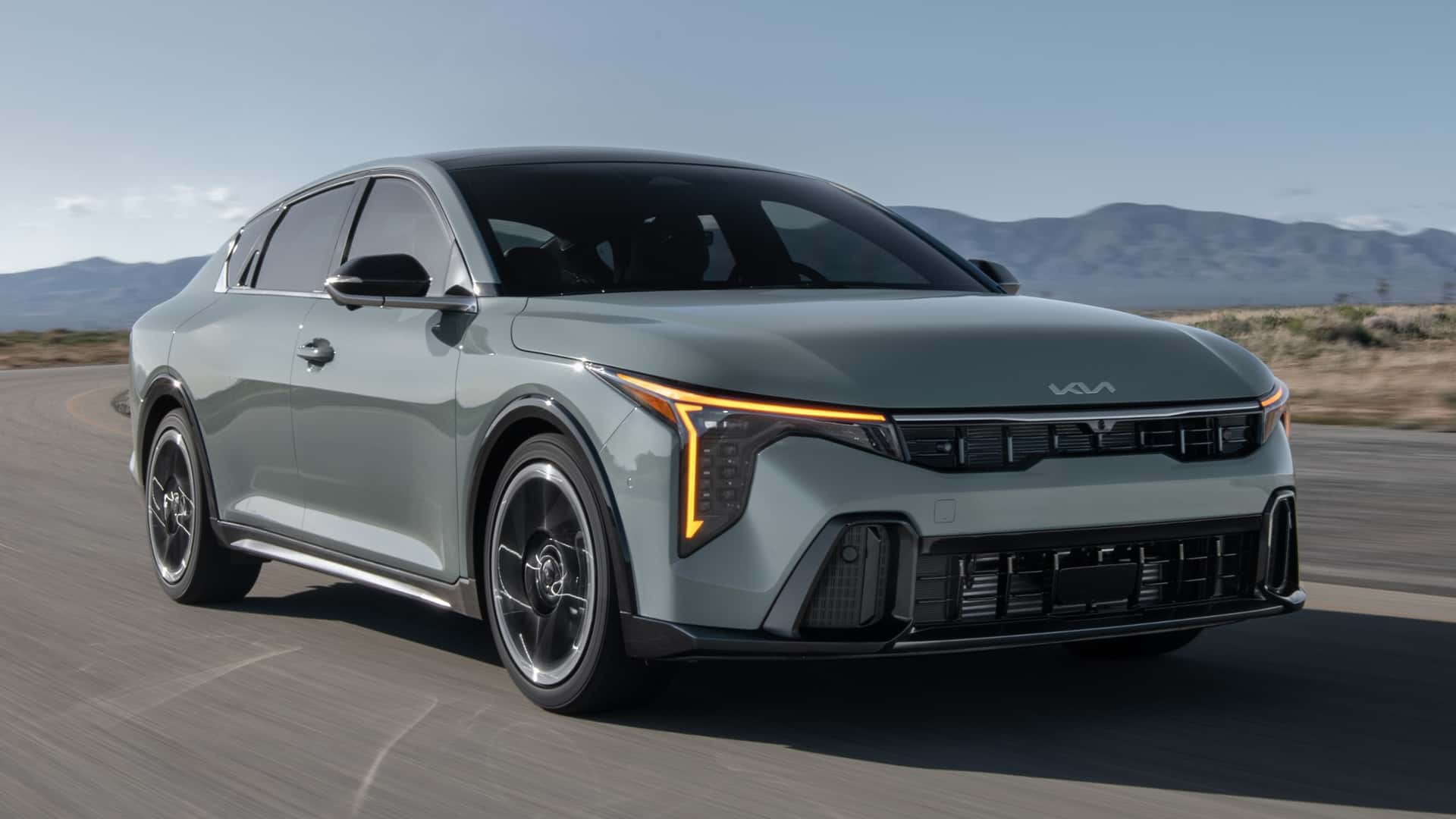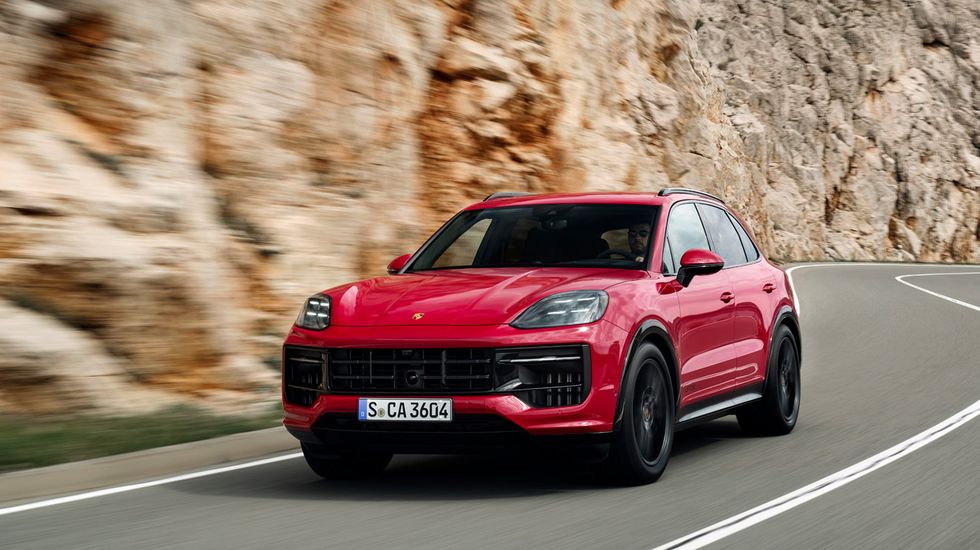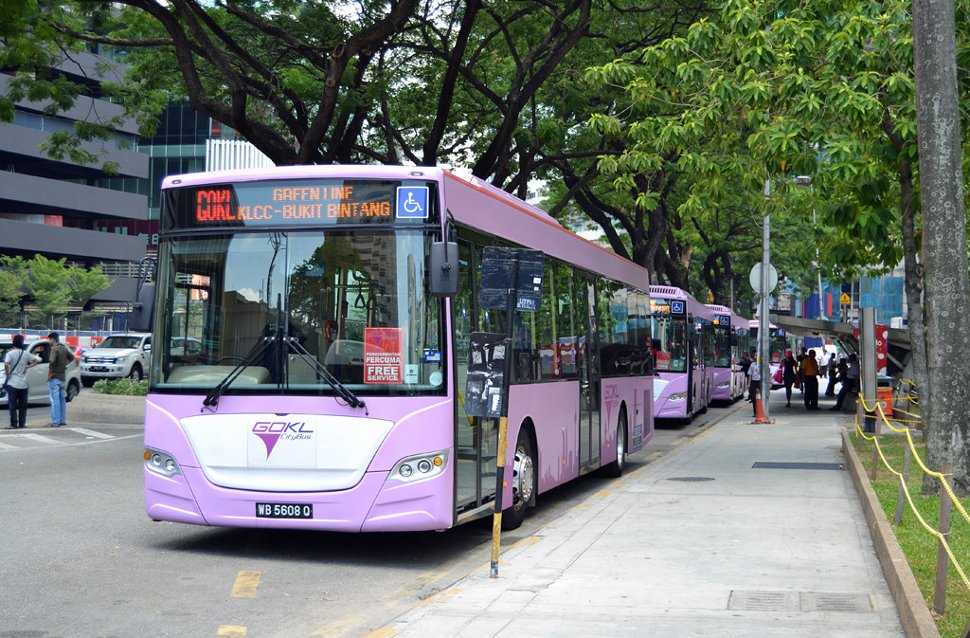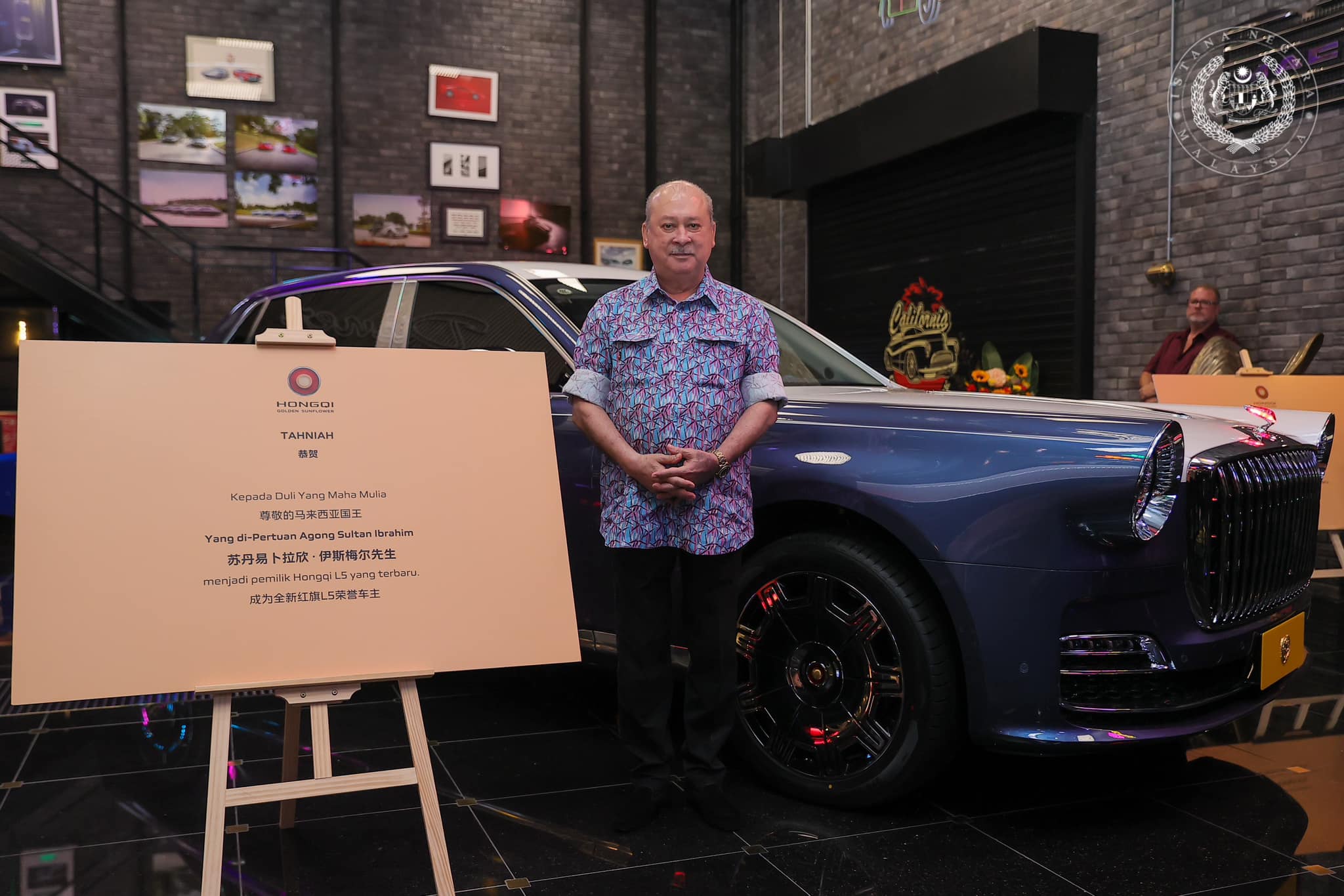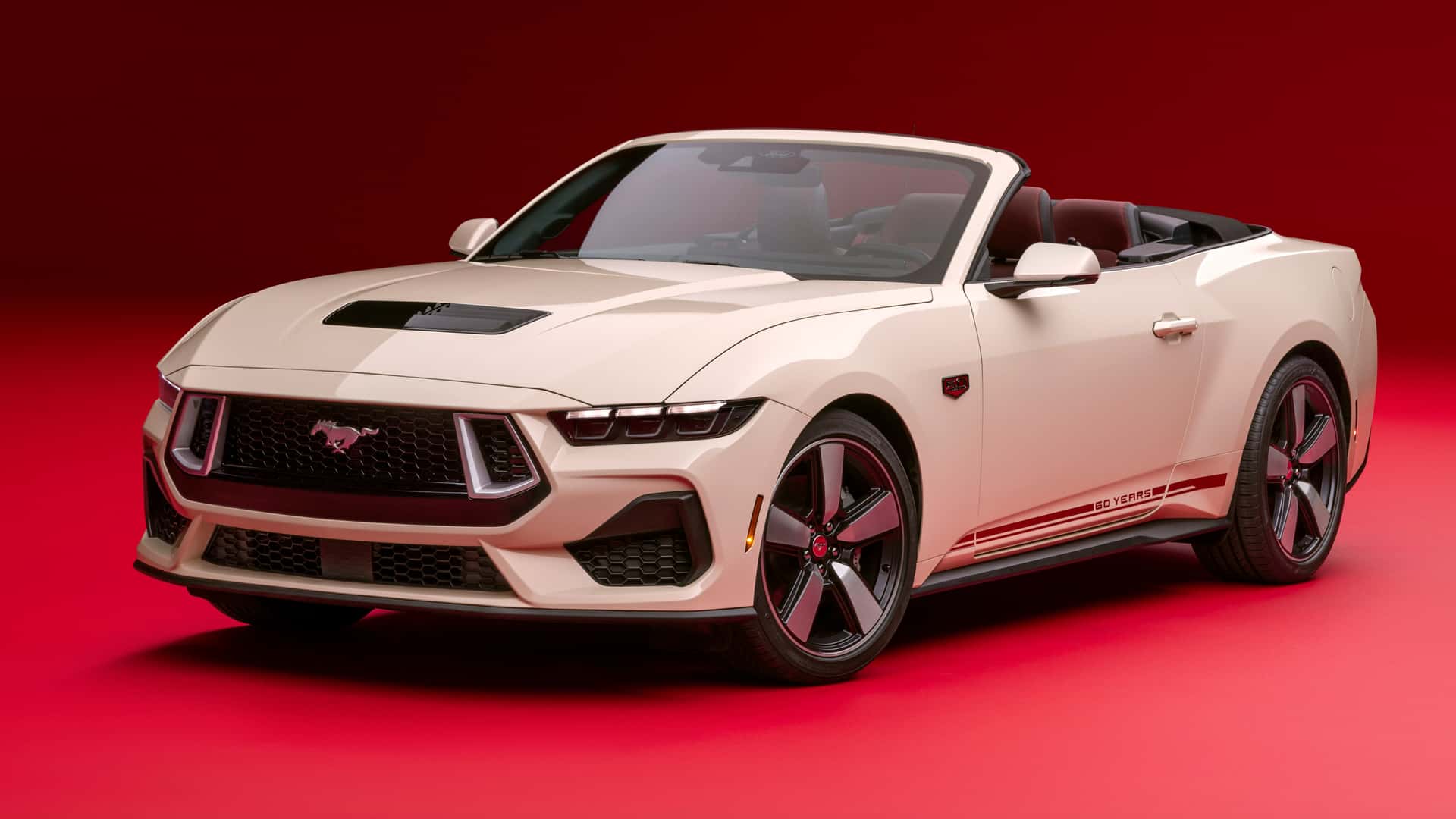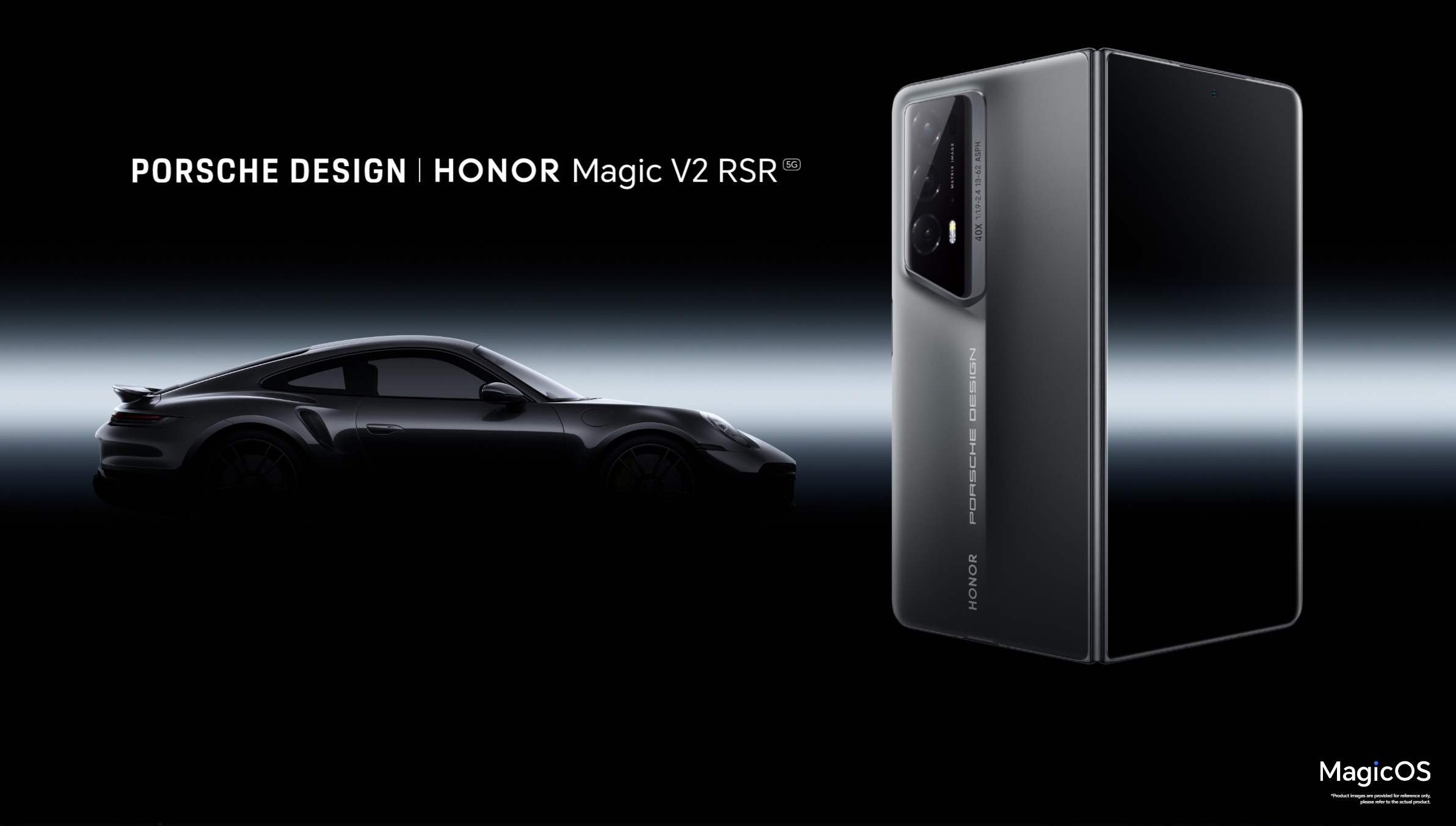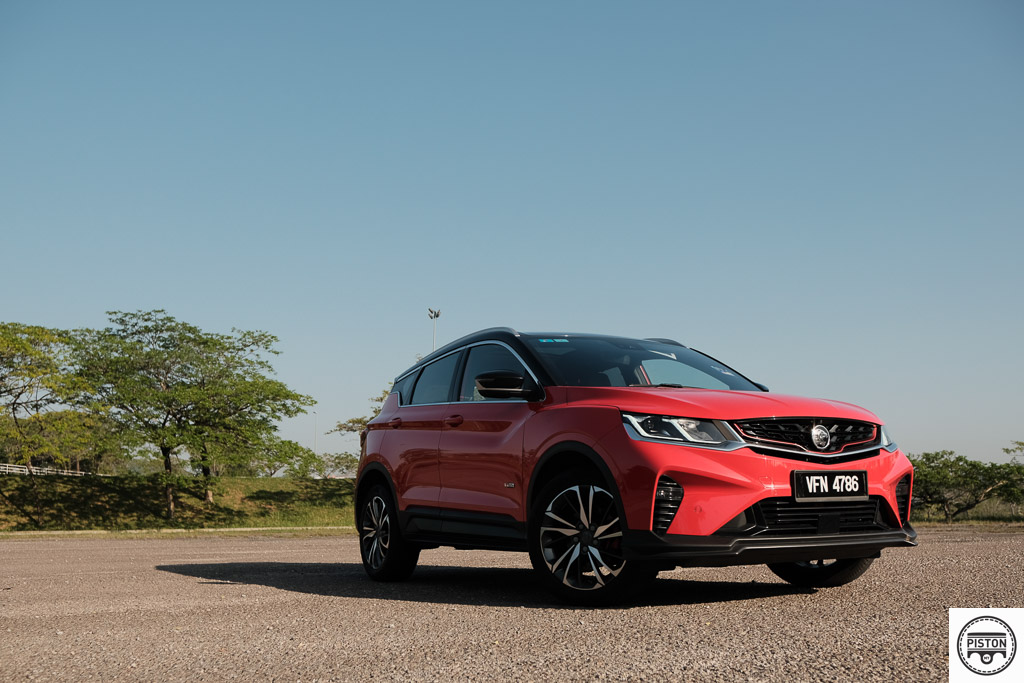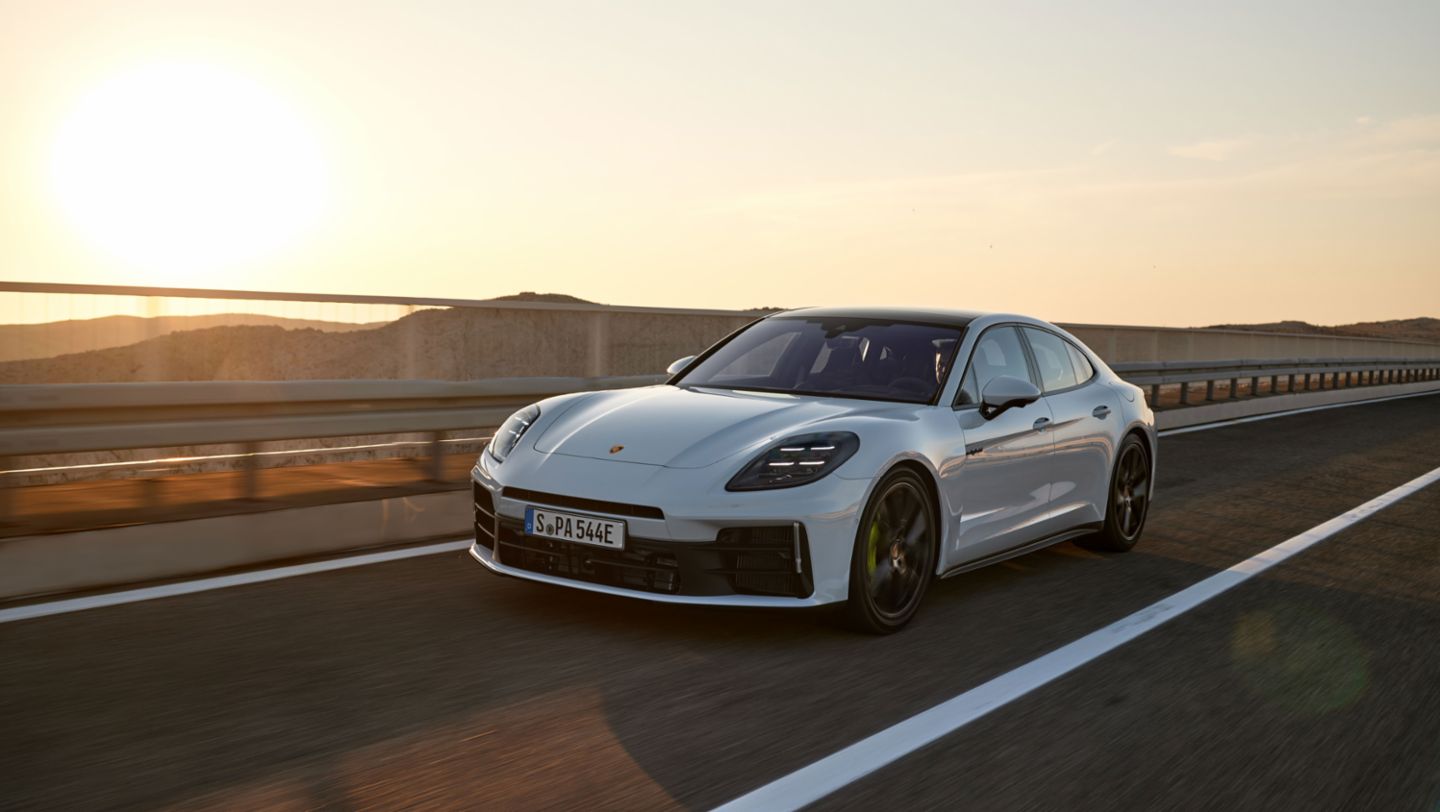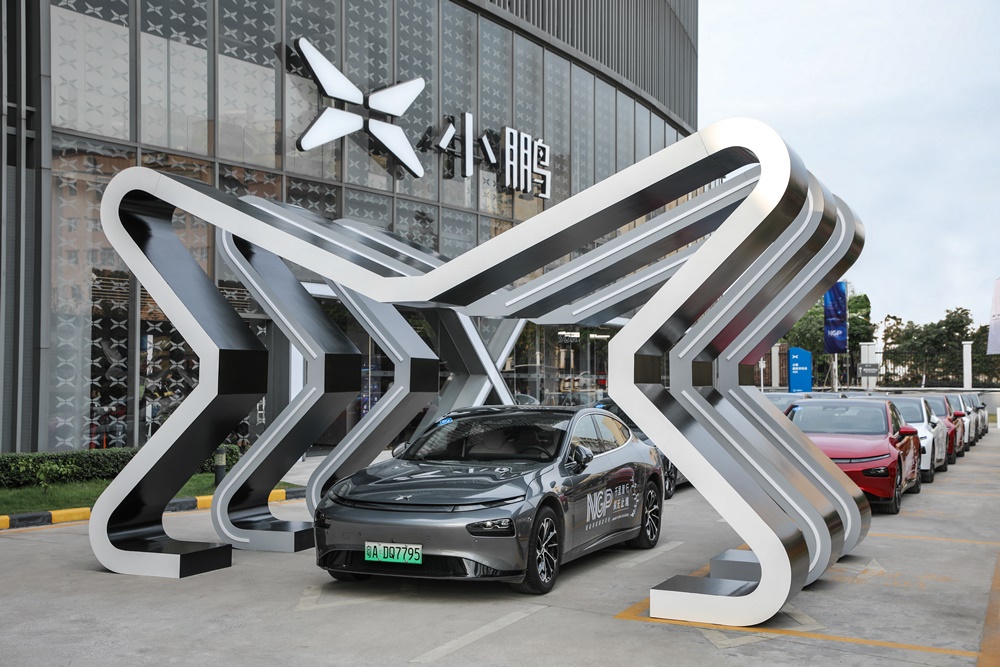The electrification of Malaysian motoring is progressing as the government and private sector are taking more initiatives to facilitate the use of electric vehicles (EVs). This is necessary to meet Malaysia’s Low Carbon Mobility Development Plan 2021-2030 to reduce greenhouse gas up to 45% by 2030, and to qualify as a carbon-neutral country by 2050.
One of the issues that those thinking of buying EVs is recharging the battery packs of their vehicles. Depending on the model and how they drive, the range on a full charge can be between 250 and 400 kms. So long-distance driving will only be possible if they are assured of place to recharge along the way, if needed.
As the sale of EVs and plug-in hybrid vehicles (PHEVs) which also need recharging has only started in recent years, the network of charging stations has been small, mostly confined to urban areas. At the moment, there are only 500+ stations in the country (compared to 3,700 petrol stations) but efforts are being made to grow this number quickly.
One of the private-sector initiatives in this area is a collaboration between PLUS Malaysia and Tenaga Nasional Berhad (TNB). Both parties have signed a Memorandum of Understanding (MoU) to work together to reduce carbon emissions on PLUS highways through 3 sustainability initiatives – the development of the charging station network, installation of energy efficiency monitoring, and solar photovoltaic systems at selected R&Rs along the PLUS highway network.
This collaboration will see EV charging stations being set up at selected strategic R&Rs along PLUS highway. Through TNB’s role as an enabler, PLUS is the first concessionaire to embark on a network of EV charging stations along its infrastructure. The availability of charging stations is expected to attract not only new users of EVs but also transport operators, especially multinational companies planning to switch their fleets from using vehicles with internal combustion engines to electrically-powered vehicles, in an effort to reduce carbon emissions while saving on operational costs.
According to PLUS Managing Director, Datuk Azman Ismail, the company’s other green initiatives include the use of green technology at its office premises, the use of recycled pavement to re-pave roads at the R&Rs, as well as applying more environmentally-friendly materials in its highway operations.
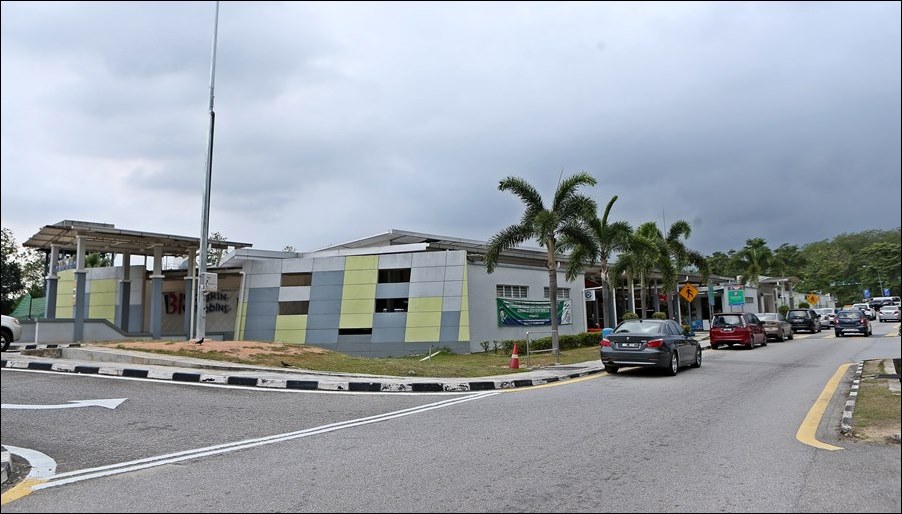
“This initiative to further increase the network of charging stations will provide EV customers the convenience for a smoother, safer and more comfortable journey on PLUS highways,” he said, adding that charging stations are expected to attract not only new users of EVs but also transport operators, especially multinational companies planning to switch their fleets from using vehicles powered with internal combustion engines to electrically-powered vehicles, in an effort to reduce carbon emissions while saving on operational costs.
“TNB will provide a reliable and stable electricity supply to the EV charging ecosystem that is agreed upon by both parties. In addition, TNB also offers solutions to PLUS that can optimize electricity costs and support green and sustainable energy sources in reducing carbon emissions,” said TNB President & CEO, Datuk Ir. Baharin Din.


